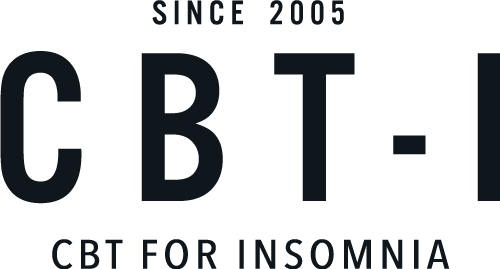Seven Hour Sleepers Have the Best Cognitive Performance
These studies suggest that 7 hours of nighttime sleep is the optimal dose that should be recommended for adults for peak cognitive performance and to prevent premature death. It has been hypothesized that the greater mortality risk from long sleep may be linked to increased sleep fragmentation that is associated with a number of negative health outcomes; changes in cytokine levels associated with long sleep; reduced exposure to bright light; and, lack of physical activity.
These studies on mortality risk and cognitive performance suggest that the human brain appears to be designed for seven hours of sleep. This optimal dose of sleep may reflect all-around neural efficiency (i.e., energy expenditure vs. energy conservation) and is consistent with many biological systems, including the digestive system and caloric consumption, in which deficiencies and excesses are detrimental to health.
A new study on cognitive performance and sleep duration again found that the optimal duration of sleep for peak cognitive performance is 7 hours of sleep for people aged 15-80. Using a large internet sample of almost 50,000 participants in this age group, researchers analyzed the relationship between reported average sleep duration and cognitive performance. The results indicated a performance peak at 7 hours of sleep. These results further strengthen prior findings indicating an inverted U‐shaped relationship between sleep duration and cognitive performance across a broad spectrum of age groups.
